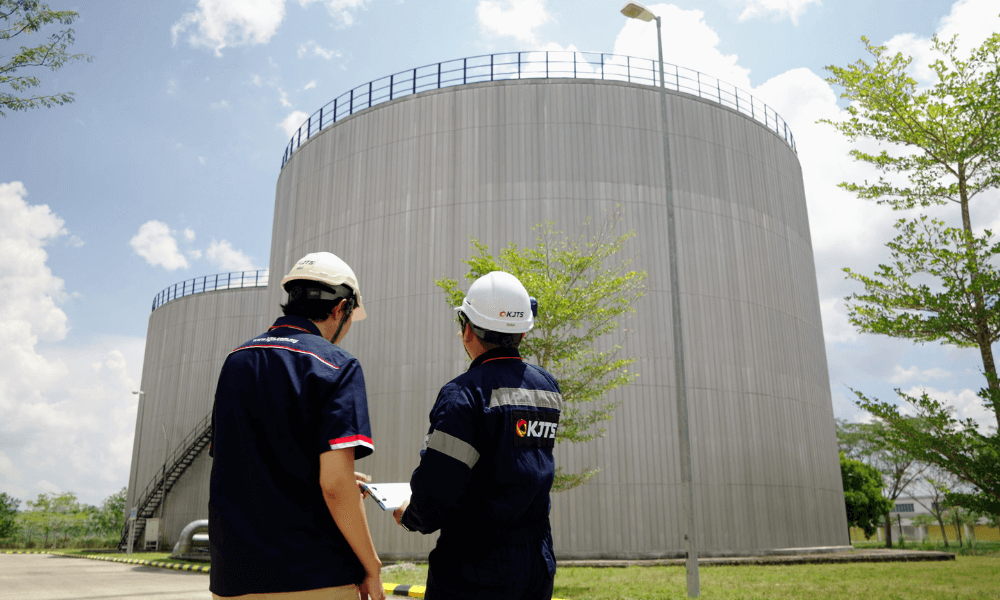
Advancements in Cooling Technologies: From Innovation to Implementation
In recent years, the field of thermal management has seen remarkable innovations that have propelled cooling technologies from mere concepts to integral components of modern infrastructure. These advancements are not just about keeping spaces cool; they’re about revolutionizing energy efficiency, reducing environmental impact, and enhancing performance across various sectors. This blog explores how cutting-edge cooling solutions are making waves beyond laboratory walls, finding their place in real-world applications.
The journey from innovation to implementation is often fraught with challenges, but trailblazing companies have bridged this gap by focusing on scalability and adaptability. For instance, phase change materials (PCMs) have evolved from experimental substances to key elements used in building materials for passive temperature regulation. Similarly, magnetic refrigeration has moved from theoretical models to being piloted for commercial use – offering an eco-friendly alternative to traditional gas compression methods.
One of the most exciting developments is the integration of smart technology with cooling systems. Smart thermostats and AI-driven climate control can now learn user preferences and environmental patterns to optimize temperature settings automatically – resulting in significant energy savings without sacrificing comfort. These intelligent systems exemplify how data analytics can enhance operational efficiency while contributing positively towards sustainability goals.
On an industrial scale, advanced cooling technologies play a pivotal role in sectors like data centers where thermal management is critical for maintaining system reliability and performance. Innovations such as liquid immersion cooling not only offer superior heat dissipation but also pave the way for higher-density setups that save space while boosting processing power.
KJTS Group’s cooling energy management solutions stand out as a beacon of energy efficiency for the future. By leveraging our professional team of engineers and integrating energy-efficient methods, KJTS Group is able to provide cooling solutions that significantly reduce energy consumption and operational costs. Our approach not only enhances the sustainability of cooling systems but also aligns with global efforts to combat climate change by minimizing carbon footprints.
As we look towards a future where climate change poses increasing challenges, these technological leaps offer hope for more sustainable living practices. The transition from fossil-fuel-dependent air conditioning units to solar-powered cool roofs demonstrates this shift towards greener alternatives that benefit both consumers and the planet alike.
In conclusion, as we witness these groundbreaking advancements transition into everyday use cases, it’s clear that the future of cooling technology is not just about comfort but also about creating a more sustainable and efficient world. The continuous evolution and implementation of these technologies promise to reshape how we manage thermal environments, making our lives cooler and our planet healthier.